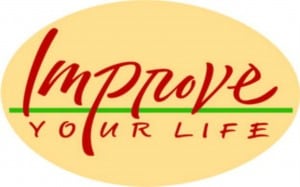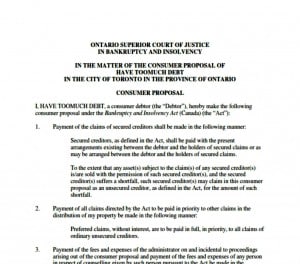Last week we took a light hearted look at how people are using credit scores to find love. This week we are discussing a more serious matter -the relationship between your credit score and insurance rates. Sadly many consumers have seen their premiums rise as a result. CBC-TV’s “Marketplace” spoke with several people who saw home insurance premiums double after their insurance company began including credit scores as a way to calibrate risk. How prevalent a practice is this? About 55% of Canada’s largest insurers now use credit scoring. And of that segment 42% did not disclose the practice to customers, according to the Canadian Council of Insurance Regulators.
The insurance companies who use credit scoring are trying to put a positive spin on it. According to Desjardins, insurance companies check your credit score only to offer you the best premium possible. The Cooperators offers a slightly different slant. “Credit score is simply a reflection of a person’s level of responsibility and behaviour when it comes to managing their financial obligations.” Donald Hanson of the National Association of Independent Insurers stated, “Research indicates that people who manage their personal finances responsibly tend to manage other important aspects of their life with that same level of responsibility and that would include being responsible behind the wheel of their car or being responsible in maintaining their home.” Cheap down payment auto insurance companies have found that there is a correlation between higher scores and safe driving but I have not seen the research to back up this claim.
Many disagree with the use of insurance credit scoring citing that a driver’s record doesn’t change with his/her credit score, nor does the area where their house is located. Therefore, there is no evidence that the risk factor will change with a high or low credit score. In fact credit scoring has been a controversial topic in Ontario as it is in other parts of the country. The practice is no longer allowed in some provinces, and some groups, including The Insurance Brokers Association of Ontario (IBAO) have been lobbying for several years to have it banned in Ontario. Whether you agree or disagree, the fact that insurance credit scoring exists only goes to show how important it is for all of us to maintain good financial health. Unfortunately, there is not a Canadian credit score calculator tool that anyone can use.
If your credit score is adversely affecting your life, contact Ira Smith Trustee & Receiver. Starting Over, Starting Now you can take the first steps towards financial health.









